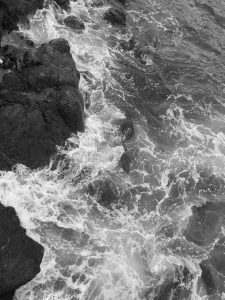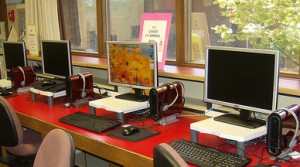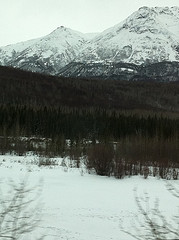 The Sea Runners: A Novel. By Ivan Doig. (New York: Atheneum, 1982. 279 pp. Map.)
The Sea Runners: A Novel. By Ivan Doig. (New York: Atheneum, 1982. 279 pp. Map.)
Recommendation submitted by:
Will Stuivenga, Cooperative Projects Manager, Washington State Library, Tumwater, WA.
There exists an actual letter-to-the-editor published in the Oregon Weekly Times, mentioning three Scandinavians who had managed to travel by canoe from Russian Alaska to Shoalwater (now named Willapa) Bay in 1852/53. Doig’s novel imagines what their trek must have been like, full of trepidations and tribulations, all the way up to and including loss of life.
At the time, apparently the Russians recruited Swedes, Finns, and other “outlanders” as 7-year indentured laborers, to do the real work for the Russian-American Company’s fur-gathering enterprise headquartered in New Archangel, now Sitka, Alaska. It was not a pleasant place much of the time: cold, wet, rough, and not very civilized, with the Russians lording it over the “thugs, thieves, hopeless sots, no few murderers, . . . debtors, escaped serfs,” and the rest of “the flotsam of any vast frontier” as Doig describes them.
So perhaps it’s not too surprising that one of them, Melander by name, a former ship’s first mate, decides to plan a way out, recruiting a couple of his fellows to assist him. The idea is fairly straightforward: he engages the best thief among his fellows to squirrel away the supplies they need: food, maps, a compass, etc., and they intend to steal a large cedar canoe from the local native encampment and paddle their way south to Astoria, where they expect to find passage on the ships that stop there. As the story unfolds, the also indentured blacksmith notices what’s happening, and forces his way into the group, making for a frequently skeptical and less than enthusiastic fourth.
Their imagined adventures, replete with inner turmoil, plus all too real privations and misery, are ably described in intricate detail by the author. Doig’s language here is at times a bit convoluted, requiring careful attention to unravel his precise intent, which is not altogether a bad thing, given that the story and the imagery are worthy of the effort. As is not uncommon with Doig, the interior life, thoughts, and feelings of his characters are of at least equal significance to the landscape and actual events as they unfold. Recommended for anyone with a strong interest in NW history and landscape, and who enjoys well-crafted historical fiction.
ISBN: 978-0-15-603102-8









 We just received an interlibrary loan book that we ordered from Ketchikan Campus library in Alaska…The book is titled “Buried treasure of the United State: how to locate hidden wealth”. Inside was a handwritten note that read:
We just received an interlibrary loan book that we ordered from Ketchikan Campus library in Alaska…The book is titled “Buried treasure of the United State: how to locate hidden wealth”. Inside was a handwritten note that read: